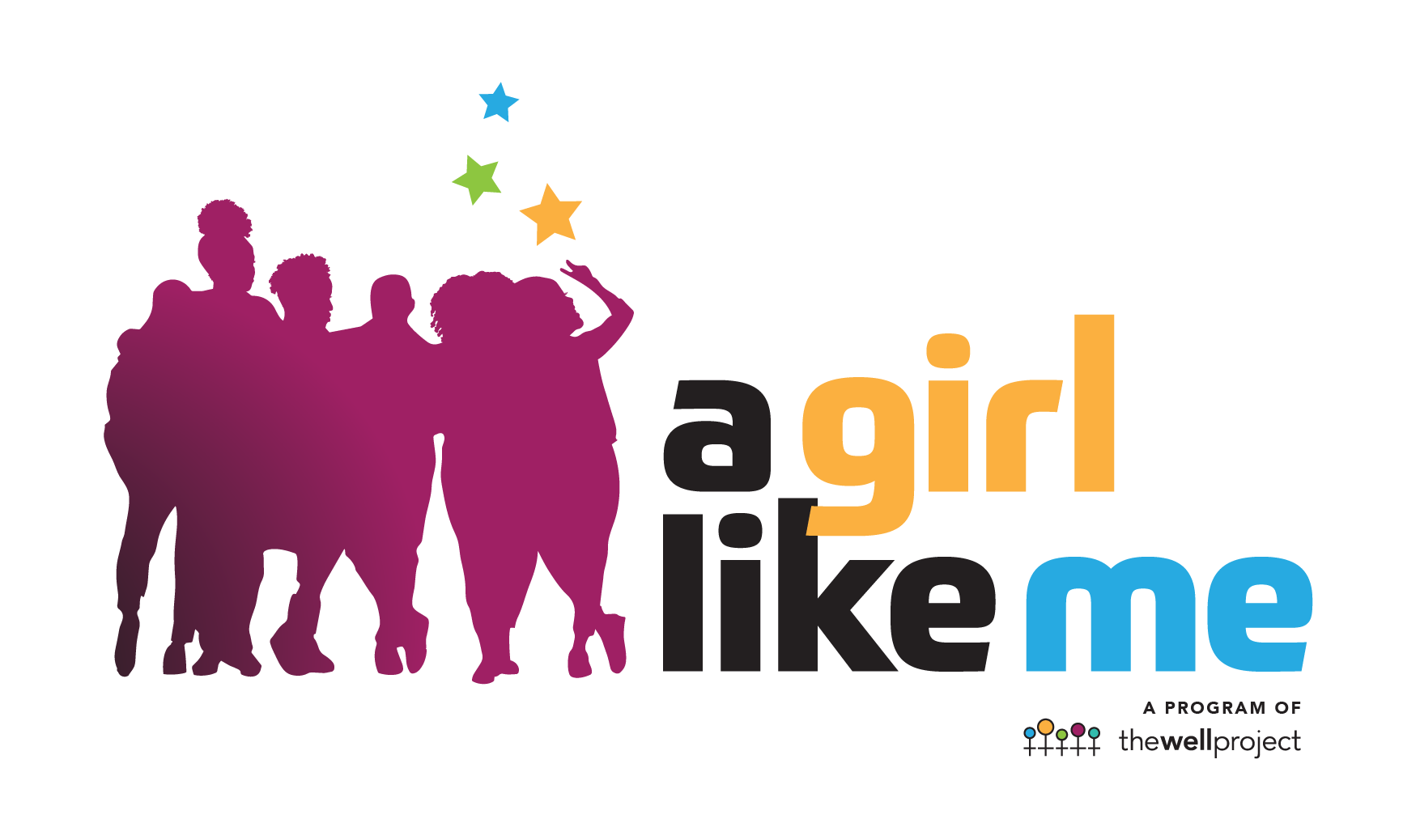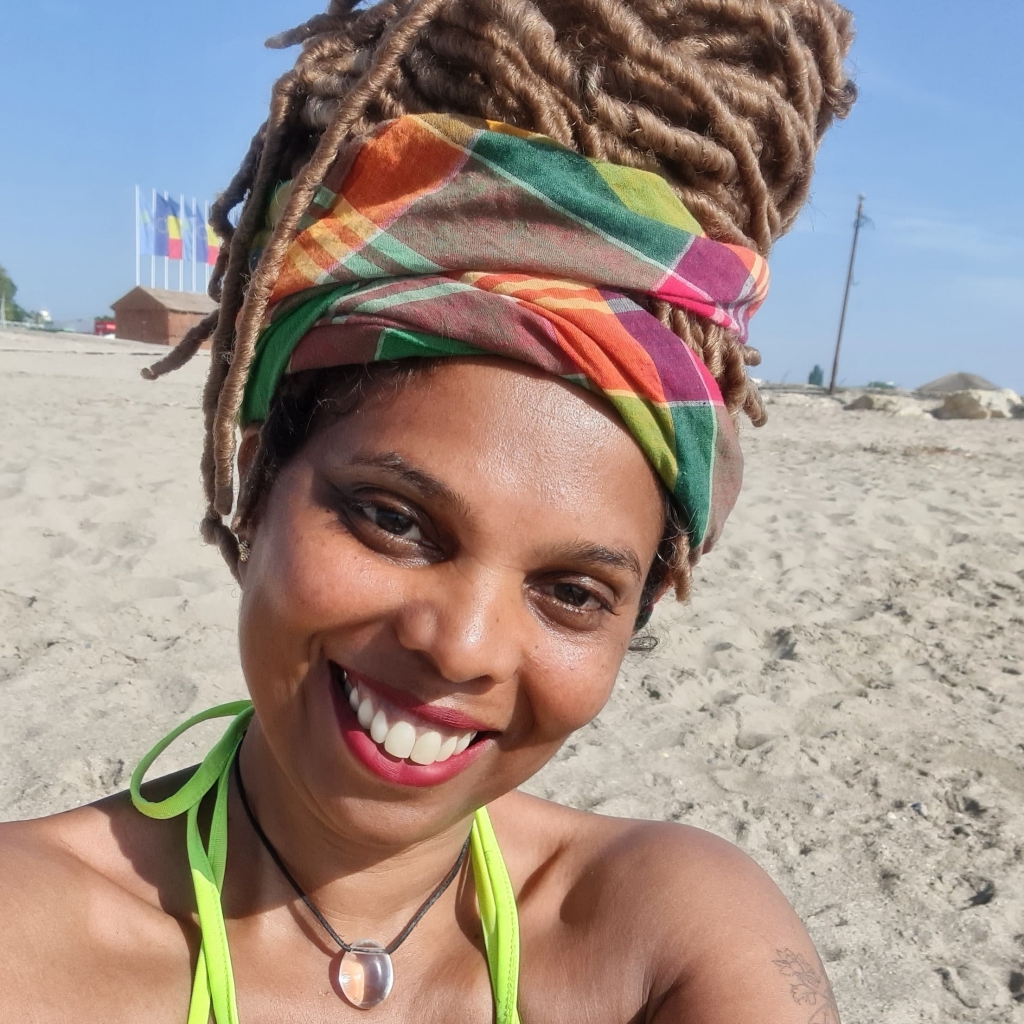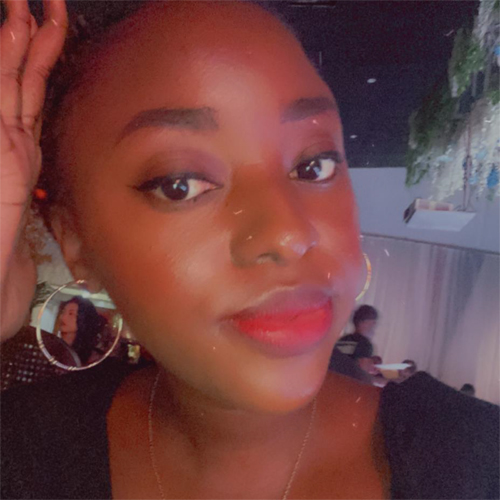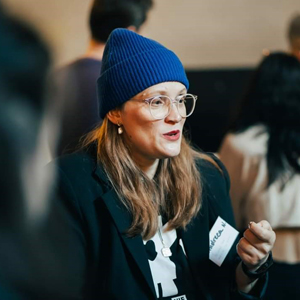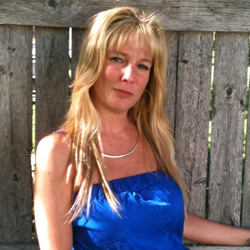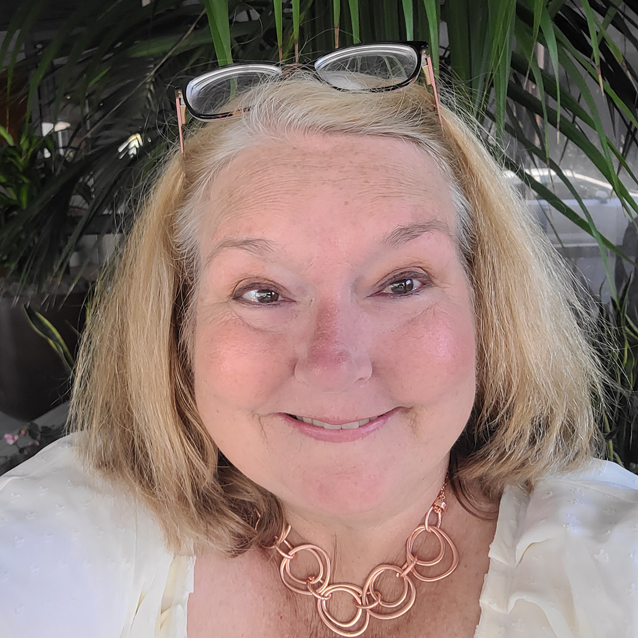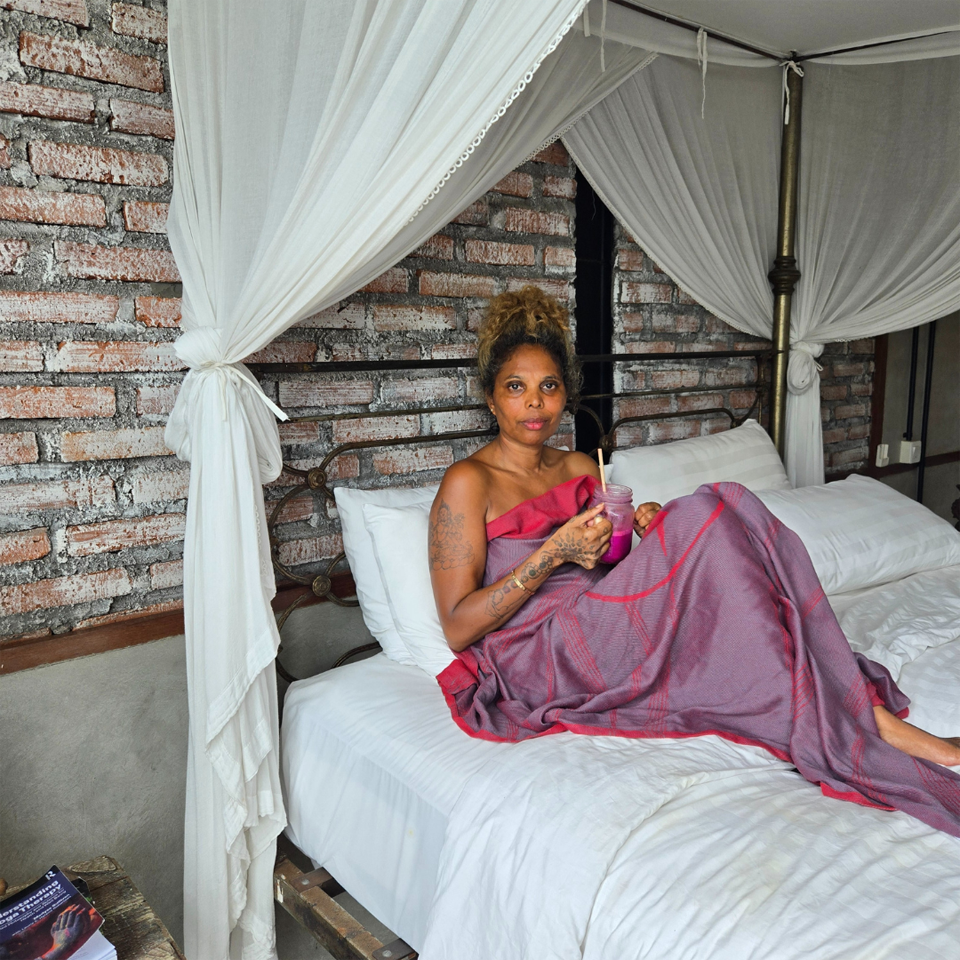
In the hustle and bustle of life, taking time off to rest and recuperate often feels like an afterthought. Recently, I decided to step away from my daily routine and allow myself some much-needed downtime.
I spent a few weeks in Bali (more about that in another blog), intending to relax and recharge. However, during my stay, I unexpectedly came down with pneumonia. Despite feeling relatively okay, I knew deep down that I needed to slow down and prioritise my recovery. And yet, something about "doing nothing" felt incredibly difficult.
Why was it so hard to simply rest?
Laying on the sofa, indulging in chocolates, sweets, and cakes while binge-watching Netflix should have felt like a guilty pleasure. Instead, it made me question my work ethic. I found myself experiencing a deep-seated discomfort, a nagging sense of laziness that I couldn't shake. This prompted me to look deeper into my past, tracing the roots of this unease.
Growing up, my mother was quite strict. There was no such thing as lounging around in bed or sleeping in late. We were expected to be up and about, participating in household chores. I remember trying to find as many excuses as possible to avoid these tasks, but there was no escaping them. Productivity and responsibility were ingrained in me from an early age.
Fast forward to 2025, and I find myself grappling with an ingrained belief that equates rest with unproductivity. When I am not actively doing something constructive, I experience a deep sense of shame. This time, however, I chose to embrace rest fully. I let go of my regular yoga practice, skipped the gym, and didn't follow my usual healthy eating habits—and surprisingly, I felt great!
I knew deep down that I needed to slow down and prioritise my recovery. And yet, something about "doing nothing" felt incredibly difficult.
This shift in perspective led me to rethink how I mark the passage of time. I made the unconventional decision not to celebrate the New Year in January. The winter season, I realised, is a time for hibernation and rest. Nature itself teaches us that the true new year begins in March, when spring arrives. The days grow longer, the trees regain their leaves, flowers bloom, and birds sing. Everything comes back to life—including me.
Year after year, I've noticed that my energy naturally peaks in March. It is during this time that I feel most alive, with a renewed sense of enthusiasm and purpose.
Upon reflection, I have come to see that self-care takes many forms. It is not just about exercise, eating well, or staying productive—it is also about listening to your body and honoring what it truly needs. Rest is not laziness. It is a crucial part of the cycle of life, a period of renewal that prepares us for what's ahead.
So, here's to embracing the art of resting, without guilt or shame. Here's to recognising that sometimes, doing nothing is exactly what we need.
Louise Vallace is the Founder and CEO of Aunty Lou's House Ltd, a vibrant platform dedicated to supporting individuals living with HIV and challenging societal stigma. She also hosts the inspiring podcast, "Aunty Lou's Hour", where she interviews people from around the world about their HIV journeys. Through these inspiring conversations, Louise creates a compassionate space for education, support, and understanding for those living with HIV and anyone seeking to learn more.
Beyond her work in HIV awareness, Louise is a certified Yoga Teacher and Intersectional Coach, blending mindfulness and inclusivity into her practice. She is a proud neurodivergent and follows a plant based diet. She embraces creativity and authenticity in all aspects of her life.
Find out more about Aunty Lou's House or for more social content you can follow Aunty Lou on Instagram, TikTok, Facebook and LinkedIn


